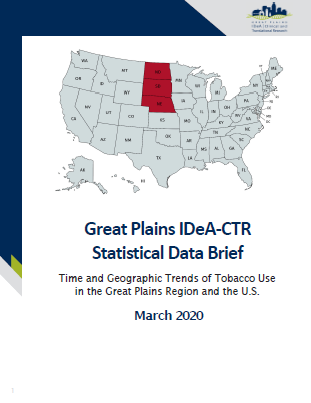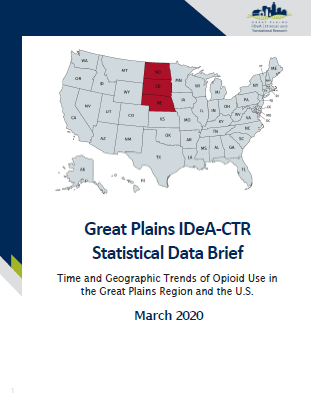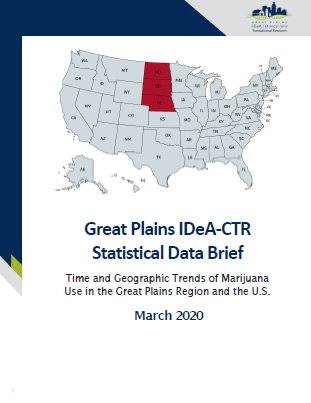BERD Resources
The Nebraska Health Information Initiative (NEHII)
The Nebraska Healthcare Collaborative is a nonprofit organization that is a supporting organization to NEHII Inc. The success of NEHII Inc. as a mature health information exchange, coupled with its support of the prescription drug monitoring program in collaboration with Nebraska Department of Health and Human Services, has led NEHII Inc. to consider new models to successfully share and rapidly operationalize data through the Collaborative. The Collaborative is committed to furthering health data science and population health research projects that will ultimately benefit the health of all Nebraskans as well as research projects that have implications for managing the multiple complexities of health data for the improved cost, quality and experience of patients and providers, and health outcomes. The Collaborative, therefore, serves as a resource repository for answering complex questions in healthcare using multiple data sources to address the health, social, and economic factors that influence the cost, quality of care, and outcomes of health.
Contact Emily Frankel at the CEO Core for more information or to set up a consultation with NEHII.
Health Disparities Reports on Selected Population-Level Indicators
Great Plains State-Level Health Indicators
Click here to download Excel.Resources to look at county and state level aggregated population-based health indicators
- State Level Data
- American Health Rankings
- Kaiser Family Foundation
- County Health Rankings (while primary focus is for county, there is also state level data)
- County Level Data
- County Health Rankings
- Viz Hub (includes trends over time via mapping)
Commonly used publicly accessible population-based data sets
| Dataset Name | Brief Description (from data website) | Access Tutorial |
|---|---|---|
| U.S. Census (American FactFinder) | American FactFinder provides access to data about the United States, Puerto Rico and the Island Areas. The data in American FactFinder come from several censuses and surveys. | |
| BRFSS | The Behavioral Risk Factor Surveillance System (BRFSS) is the nation's premier system of health-related telephone surveys that collect state data about U.S. residents regarding their health-related risk behaviors, chronic health conditions, and use of preventive services. | Tutorial PDF GIS Tutorial PDF |
| NHANES | The National Health and Nutrition Examination Survey (NHANES) is a program of studies designed to assess the health and nutritional status of adults and children in the United States. The survey is unique in that it combines interviews and physical examinations. | |
| SEER | The Surveillance, Epidemiology, and End Results (SEER) Program of the National Cancer Institute provides information on cancer statistics in an effort to reduce the cancer burden among the U.S. population. | |
| HCUP | The Healthcare Cost and Utilization Project (HCUP) includes the largest collection of longitudinal hospital care data in the United States. | |
| SAMHDA | The Substance Abuse and Mental Health Data Archive (SAMHDA) is a public resource funded by the Center for Behavioral Health Statistics and Quality (CBHSQ), Substance Abuse and Mental Health Services Administration (SAMHSA). | |
| PRAMS | PRAMS, the Pregnancy Risk Assessment Monitoring System, is a surveillance project of the Centers for Disease Control and Prevention (CDC) and state health departments. |
Tools to help you collect and manage your own data
| Tool Name | Brief Description | Tutorial on how to use | |
|---|---|---|---|
| REDCap | Research Electronic Data Capture (REDCap) is a secure web application for building and managing online surveys and databases. |
UNMC Access only: https://unmcredcap.unmc.edu/redcap/ Video Tutorials: https://projectredcap.org/resources/videos/ |
|
| CCORDA Tips | UNMC's Center for Collaboration on Research and Design provides researcher with good tips on how to structure your data properly for analysis and create a data dictionary. | https://www.unmc.edu/publichealth/centers/ccorda/exceldata.html | |
| SQL | Structured Query Language (SQL) is a computer language used to query and manage data. This introductory talk teaches the basic syntax of SQL queries. Although this talk focuses on using SQL within SAS statistical software, SQL is a standard language across platforms so you can still learn and apply the basics of SQL even if you won't be using it in SAS. |
Watch the presentation here: Build your Data Skills - Introduction to SQL |




